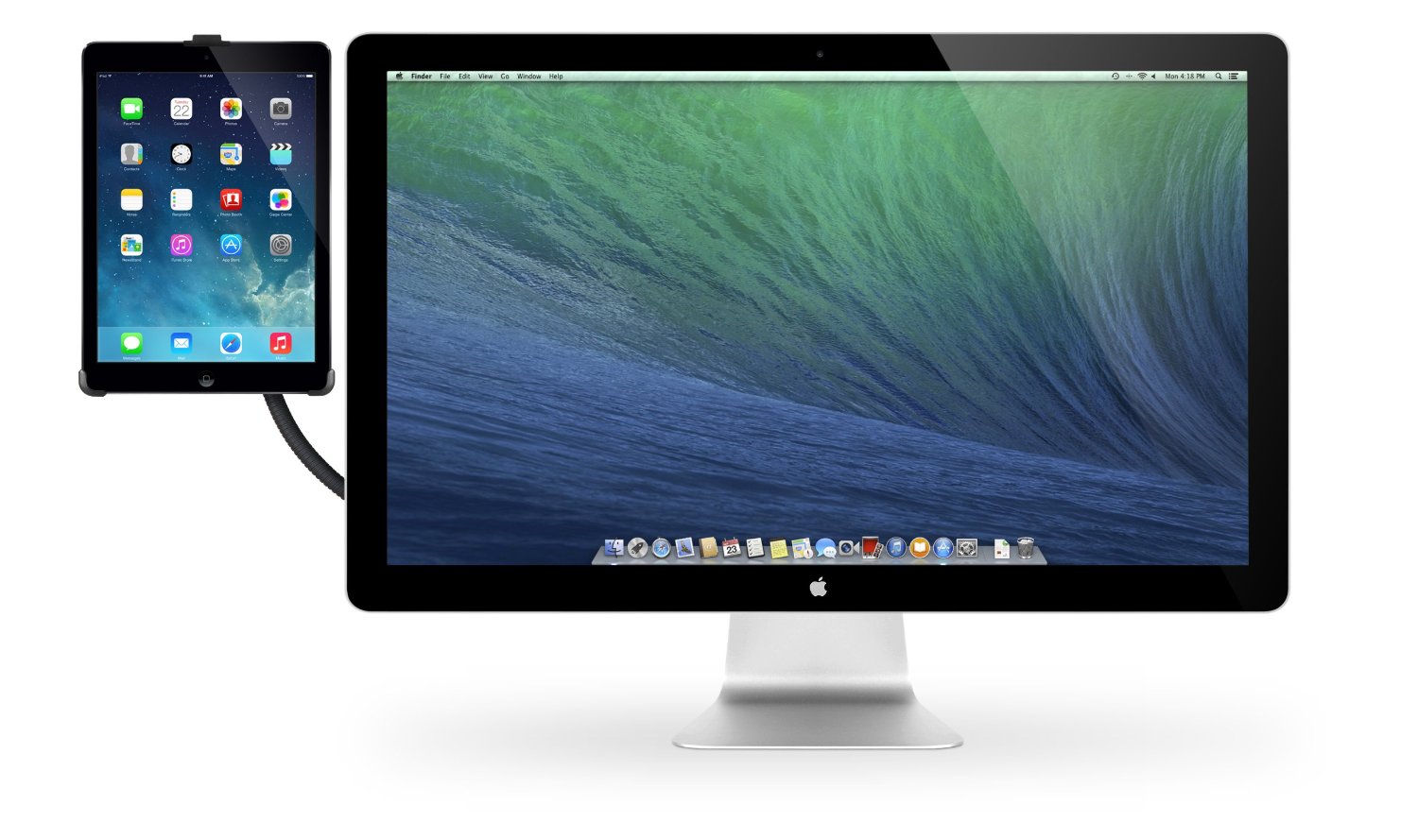Publishers Plot Kindle's Downfall
0The relationship between Amazon and top publishers hasn’t been as great as Amazon hopes for. Many newspapers and content publishers have been struggling to stay afloat and grow their business, so you’d think that partnering up with Amazon and B&N would be natural move. But top publishers don’t want to share a considerable amount of their revenue with Amazon. Not only that, they would like to have more control over platforms (e.g. Kindle platform). That’s something Amazon won’t allow easily. So it was no surprise to see top 5 publishers teaming up to develop a rival format to Kindle.
Amazon has been very slow to take advantage of its leading position in the e-book market to develop hardware/software that would allow publishers to introduce their dynamic content on Amazon Kindle. Time Inc., News Corp., Conde Nast, Hearst Corp., and Meredith Corp. plan to change all that by developing a color solution that does their content justice.This new platform will emphasize on visuals and allow consumers to not only get a rich reading experience on their devices, but it will also enable them to play games, watch video, and more.
Let’s face it. Amazon Kindle and other e-book readers on the market are too one dimensional. As much as some like their e-book reader to be that way, that’s not where the industry is going. This new platform will be more inclusive:
The genesis of this idea is to build a fully featured kind of immersive e-reading application that can render our content beautifully on those devices that come to market
News Corp. and its executives have bashed Kindle in the past and talked about their plan to find another solution to grow their business. This new standard sounds like an ambitious plan that would allow them to do just that. These content publishers not only have to share a significant portion of their revenue with Amazon, they also have to deal with Amazon’s controlling ways. With their own platform, access to customers data and more information wouldn’t be too much of an issue.
It’s still not known whether this new platform can succeed. Let’s be honest about it. Nobody likes to pay for content these days. And there are plenty of places that you can get your content for free or close to it. Maybe this partnership will allow these top companies to reduce their prices. There have also been a lot of talks about e-book advertising platforms. But how these companies intend to pull all this together without taking away from their customers’ reading experience is a question for another day.
Your take: will 2010 be the year that Amazon finally gets aggressive with its Kindle strategy?










